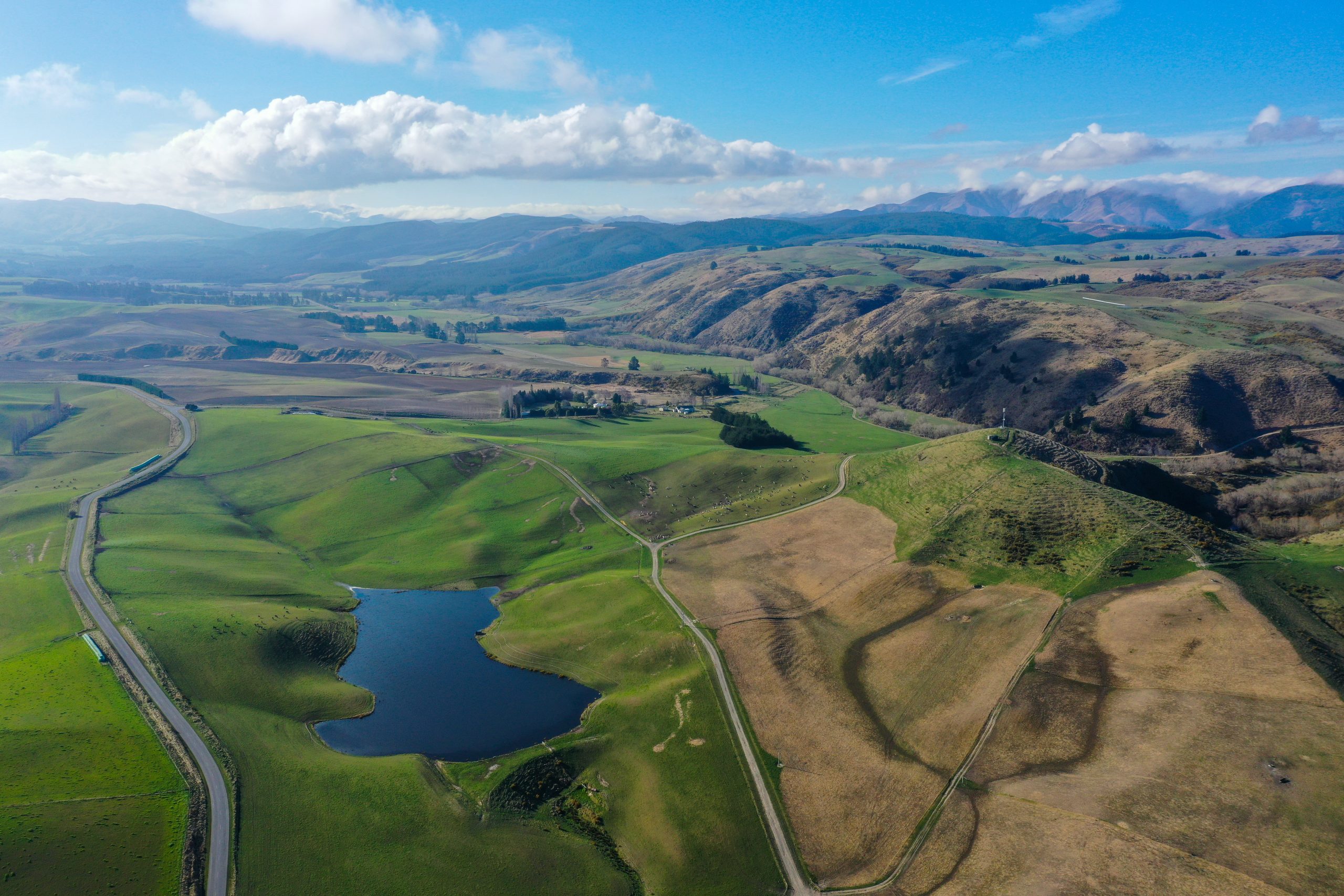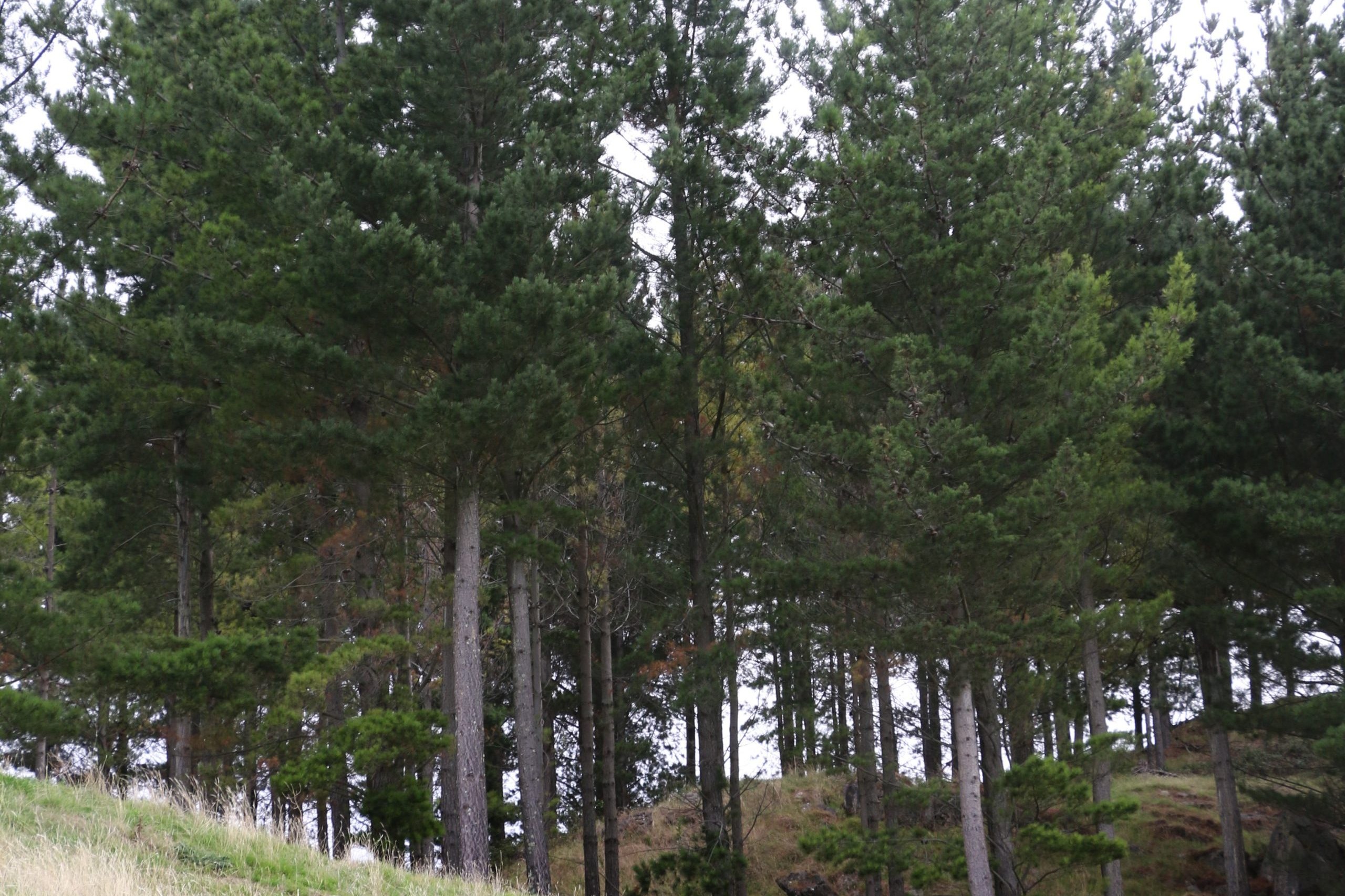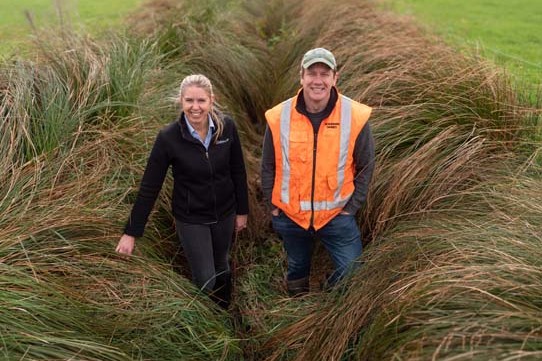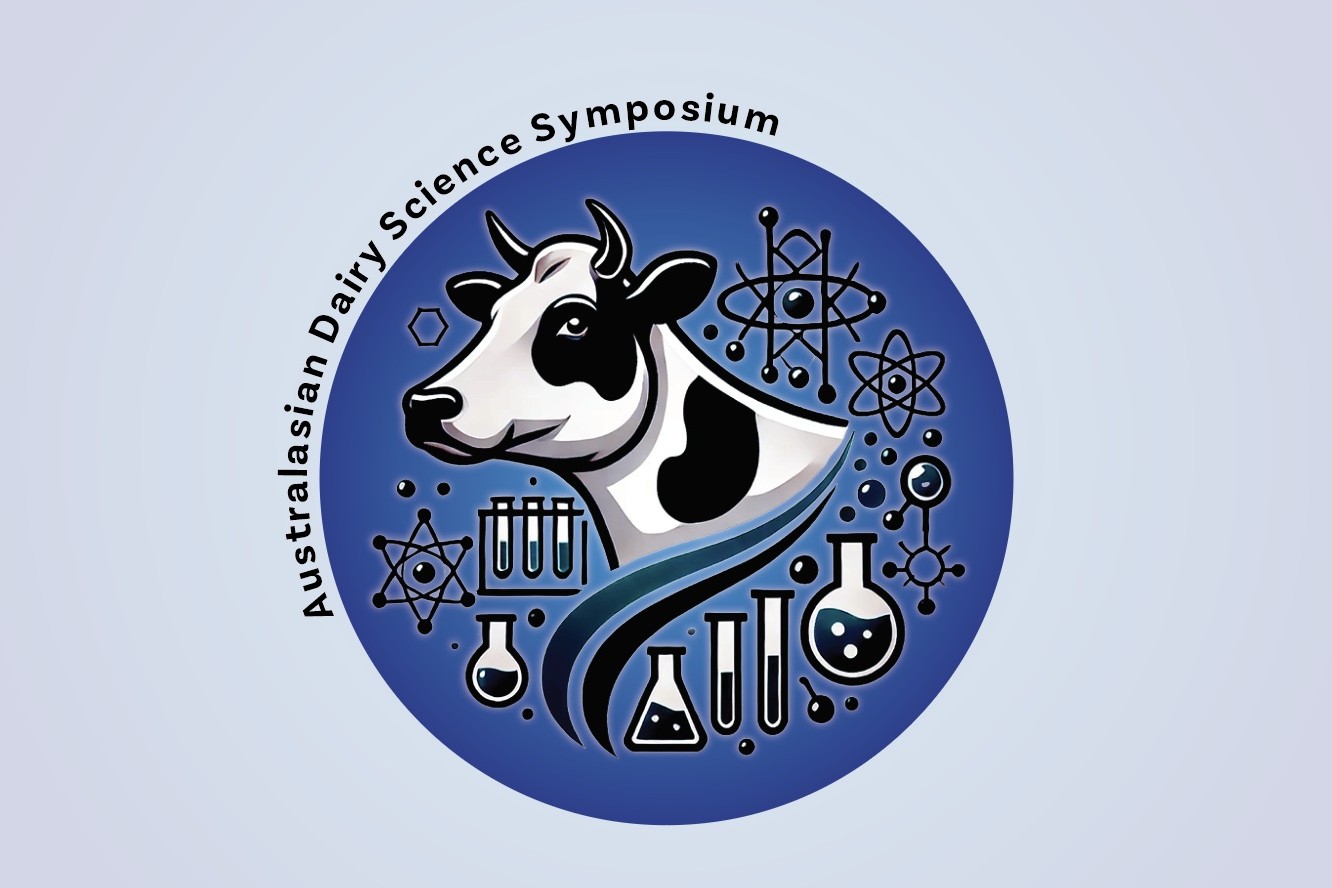A German-owned farming operation has become New Zealand’s biggest organic dairy operation, following EU certification. Karen Trebilcock reports.
Several thousand German mum and dad investors are changing dairying in Southland.
In November, Aquila Sustainable Farming’s six farms, milking 5500 cows, will start supplying European Union-certified organic milk to Open Country’s powder plant at Awarua Bay.
The Hamburg-based investment fund’s Southland general manager Shaun Neeley says in the two years since shareholders voted for the change, the farming operation has proven organics is a profitable model in Southland.
“With the premium Open Country is paying, we’re making money and we know if the payout drops again to $4 we’ll still be in the black.
“It takes two years to become accredited with the EU organic standards and in that two years we’ve shown it works.”
And he believes other farmers in the region will soon be turning to organics as well.
“I’d say in five years’ time we’ll see a big shift.
‘In a volatile market, we are producing a niche product which is attracting a premium price. Commercially it stacks up.’
“In a volatile market, we are producing a niche product which is attracting a premium price. Commercially it stacks up.
“When we started this process there were a lot of unknowns but now we know it works.
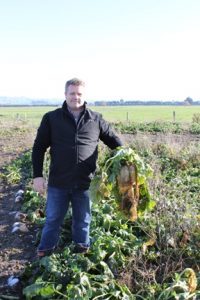
“And it’s a very sustainable model. It ticks a lot of boxes including animal welfare, social responsibility and the environment.
“For our German shareholders, who have seen organic produce on their supermarket shelves since the 1990s, it was simply a no-brainer.”
Combined, the Aquila operation will be the largest organic dairy farming business in New Zealand.
The farms are run with closed herds with all young stock grazed together. They are spread across Southland, from Kaiwera to Otautau and include irrigated and non-irrigated and a wide variety of soil types, topography and climate zones.
“Basically, with organics, we’ve gone back to farming the way it was in the 1980s,” Shaun says. “They didn’t use urea then because it was too expensive.
“And if they could do it, then we, with the technology we have today, should be able to.”
Monitoring and recording is part of the organic certification which has annual and spot audits. Aquila is using FarmIQ software to meet the requirements with farm staff recording day-to-day activities on the app on their phones.
“It’s saving us time as well as improving the accuracy of information. There are no more monthly reports that the farm managers have to do.
“Everything is stored in the cloud and we have the information in real time instead of after it has happened.”
He says the range of organic fertilisers from fertiliser companies had given them options but in the first year grass growth took a hit dropping 20% when the use of urea was stopped.
“We think we will eventually end up at about 12% less pasture yield than when the farms were run under conventional systems.”
New grass paddocks are planted with mixed swards including plantain and chicory. Fescue is used instead of ryegrass in some paddocks.
“We’re using lots of different types of clover too, reds and whites. The chicory proved its worth in the drought.”
This year the cows are wintering on a kale and clover mix at 15 tonnes drymatter (DM)/ha and fodder beet at 22t to 28t DM/ha.
“And we’re getting those tonnages with no weed or insect spraying. No slug bait at sowing.
“There was a lot of white butterfly around in Southland this year but we didn’t seem to be affected. When you looked at the kale there were a lot of parasitic wasps on them so maybe that’s the reason.
“We do have crop failures but we’re on to them pretty quickly. We had a fodder beet paddock fail this season and we were in straight away with kale.”
Weed control is now about man-hours with thistles grubbed and paddocks with annual weeds topped.
“We are looking at some organic weed sprays to see how effective they are. Some of them seem to desiccate the plant but not get rid of it.”
Stocking rates used to be 2.7 to more than three cows per hectare, which is near the Southland norm, but have been lowered to 2.3 to 2.4.
Although they now produce less milk per hectare, the per-cow hasn’t changed and is sitting about 400-420kg milksolids (MS)/cow.
“There is no reason why a cow in an organic system should produce less,” Shaun says.
Although the herds are still predominantly Friesian, they’re working with LIC using KiwiCross genetics focusing on bulls with daughters who have good conformation and longevity.
“We’re wanting cows which are less-prone to lameness, less-prone to getting sick.”
They’re also looking at the market for organic dairy beef instead of bobbying calves, and possibly organic veal at six months of age.
Finding suppliers of organic feed and grazing has been problematic, especially because of the scale required.
“We’ve partnered with some farmers to supply us with organic balage and we’re talking to some grain growers as well.
“The drought this year was a really good test for us. It showed that we could get through. Having the longer rounds with the lower stocking rate certainly helped.”
Animal health on the farms also had to change.
“With the EU standard we can use antibiotics but only to treat a cow. We can’t use them as a preventative.
“The withholding periods are also twice as long and there are also limits on how many times a cow can be treated per year so using alternative preventative methods is a far better way for us to manage animal health.”
Young stock can be drenched with conventional drenches but only after worm burden has been proven.
Calves are debudded as it is a health and safety issue. Cows are also vaccinated for leptospirosis for the same reason.
As they know the farms have historically had problems with rotavirus and BVD, all animals are vaccinated for both.
“There’s a very strong focus on animal welfare and also on people with the EU standards which is why we can do this,” Shaun says.
Reducing stock numbers has allowed them to cull mastitis cows but fixing dairy plant problems and improved staff training has also had a big impact, he says.
Somatic cell counts on most of the farms are about 150,000 with some below that which then attract the Open Country premium for low-SCC milk.
Each farm has a Mastaplex onfarm Lapbox for mastitis diagnosis.
“The results take 22 hours to come back and during that time we’re stripping the cow. Often the cow will be self-healing before the results come back and if antibiotics are needed the test shows which one to use so having that tool onfarm has really helped.
“And again, with the organic standard requirements, it is allowing us to explain our antibiotic use.
“With problem cows we still use Dry Cow Therapy at drying off.”
Also on the “can’t use list” are CIDRs and any drugs used for synchronising or treating anoestrus cows.
“We really concentrate on body condition scores all the way through the year and we’ll put cows on once-a-day milking after calving if we have to so they cycle.
“Our reproduction rates are now better than they were before going organic.”
Vets body condition score four times a year but Shaun and the farm managers are also actively seeking out lighter cows continuously.
All cows are dried off in the autumn at a BCS of 4.8 or better, higher than the industry standard of 4.5.
The organic model is also meeting Environment Southland requirements and, with some of the farms having major rivers on their boundaries, Shaun says he would be interested to see the results of ongoing water testing.
“Hopefully what we are doing will help but equally we need to know if it is not.
“At the end of it all, these farms have to be saleable. Aquila’s investment is a term investment so there is the need for these farms to one day come on to the market.
“I believe, especially since we’ve gone through the two-year accreditation, we’ve increased their value per hectare.”
Staff had engaged in the process of changing to organics, he says.
“The farms were previously managed by contract milkers, but are now staffed with farm managers which has allowed us to make quick decisions regarding the operation of the farms without having to impact on someone else’s business.
“Changes that could impact milk flows would be difficult to implement through a contract milking agreement and wouldn’t really be fair to the contractor.
“This year we’ve been bringing our 2ICs up into management positions and we really try to keep our staff as much as possible by giving them new opportunities.
“I’ve been really impressed with their willingness to learn about organics and it’s them that have made this work.”
Also, in Aquila’s Winton office, is the farm’s operations manager Luke Futter and Jessica Fraser is the policy and planning manager.
“MPI take the EU standards and make them into policies but we then had to turn them into a farm management plan which is where Jessica has come in. It’s been a huge job.”
Having scale and a variety of soils and systems, although at times challenging, has also allowed the farms to trial new methods.
“We’ve talked to lots of people as part of this process and we’re still working to find methods that improve what we do.”
However, Shaun’s sticking with the science.
“There will be no dancing in the moonlight. At least not from me.”
Farm facts
- Aquila Sustainable Farming
- Six farms in Southland – 5500 cows
- Owned by a Hamburg-based investment fund
- Supplying Open Country
- Started two-year process to be certified organic under EU standards in November 2016.


